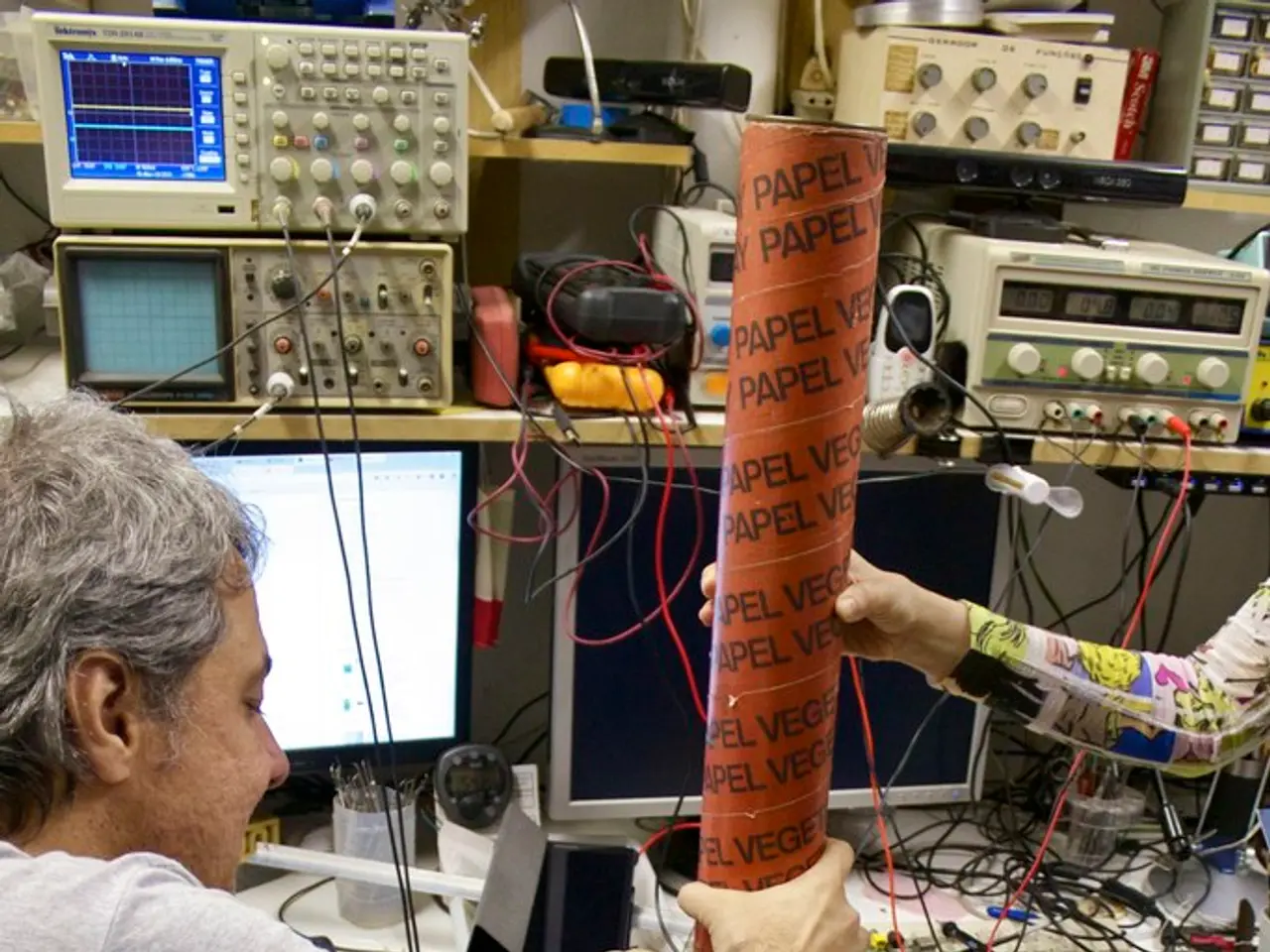Understanding Apert Syndrome: An Explanation
Apert Syndrome is a rare genetic disorder that affects individuals from all ethnic backgrounds, equally impacting both males and females. Named after the French surgeon Dr. Eugène Apert, who first described it in the early 20th century, Apert Syndrome is classified as an autosomal dominant disorder, meaning that only one copy of the mutated gene is sufficient to cause the syndrome.
Characterized by the premature fusion of certain skull bones, Apert Syndrome leads to physical abnormalities, such as a prominent forehead, a distinctive nose shape, and eyes appearing spaced apart. Commonly, individuals with Apert Syndrome also experience syndactyly, a condition where fingers and toes are fused together.
Early diagnosis and intervention are crucial for those affected by Apert Syndrome, as they can greatly improve the quality of life. A multidisciplinary approach is essential for managing the condition effectively. This team may consist of pediatricians, geneticists, surgeons, therapists, and other specialists.
Individuals with Apert Syndrome may face other health challenges, including hearing loss, vision problems, cardiac defects, and potential cognitive impairments. Misalignment of teeth and other dental problems are also common due to jaw abnormalities. Emotional and psychological support is essential for these individuals and their families, which can involve counseling services and support groups.
Common treatment options for Apert Syndrome primarily involve surgery to correct craniosynostosis (premature fusion of skull sutures) and manage associated hand deformities. Cranial vault remodeling and endoscopic surgery are common procedures, often performed early in infancy if possible. After surgery, helmet therapy may be used to help shape the skull.
In addition to cranial surgery, Apert Syndrome often involves syndactyly, for which reconstructive hand surgeries are common. These include syndactyly release, tendon transfers, bone reconstruction, and microsurgery. The timing of these surgeries varies based on individual needs.
Management of Apert Syndrome typically requires long-term follow-up to monitor development and address any additional surgeries or therapies. Supportive therapies and early intervention for developmental delays may also be important components of care.
Children with Apert Syndrome may require individualized education plans (IEPs) and a supportive learning environment to thrive in school. Regular medical check-ups are essential for monitoring the growth and development of these individuals, allowing for early identification of emerging issues.
Genetic testing can provide valuable insights for families affected by Apert Syndrome, including understanding the risk of passing the condition to future children and tailoring medical and surgical interventions based on the specific genetic mutation.
Families affected by Apert Syndrome can benefit from genetic counseling to discuss the implications of the diagnosis, potential risks, and available resources. Numerous resources and support systems are available for individuals and families living with Apert Syndrome, including support groups, medical resources, and educational resources.
[1] Mayo Clinic. (2021). Apert syndrome. https://www.mayoclinic.org/diseases-conditions/apert-syndrome/diagnosis-treatment/drc-20369371
[2] National Organization for Rare Disorders. (2021). Apert Syndrome. https://rarediseases.org/rare-diseases/apert-syndrome/
[3] Johns Hopkins Medicine. (2021). Apert Syndrome. https://www.hopkinsmedicine.org/health/conditions-and-diseases/apert-syndrome
[4] Children's Hospital of Philadelphia. (2021). Apert Syndrome. https://www.chop.edu/conditions-diseases/apert-syndrome
[5] Stanford Children's Health. (2021). Apert Syndrome. https://www.stanfordchildrens.org/en/topic/default?id=apert-syndrome-90-P02365
Science has highlighted that Apert Syndrome, a rare genetic disorder, can lead to various medical conditions such as hearing loss, vision problems, and cognitive impairments. In the field of health and wellness, early diagnosis and appropriate intervention are key for managing this condition effectively, involving a multidisciplinary approach of specialists like pediatricians, geneticists, surgeons, therapists, and more.




